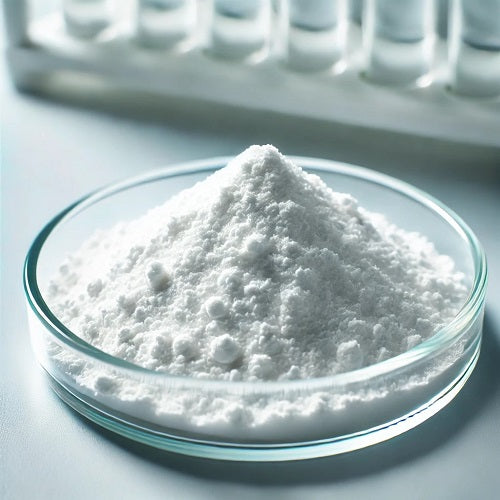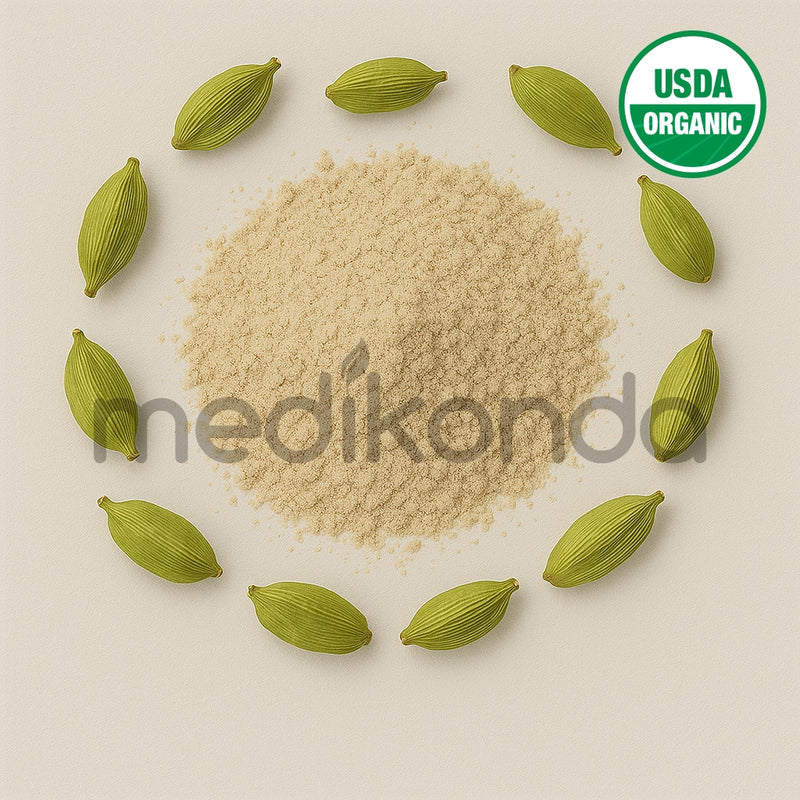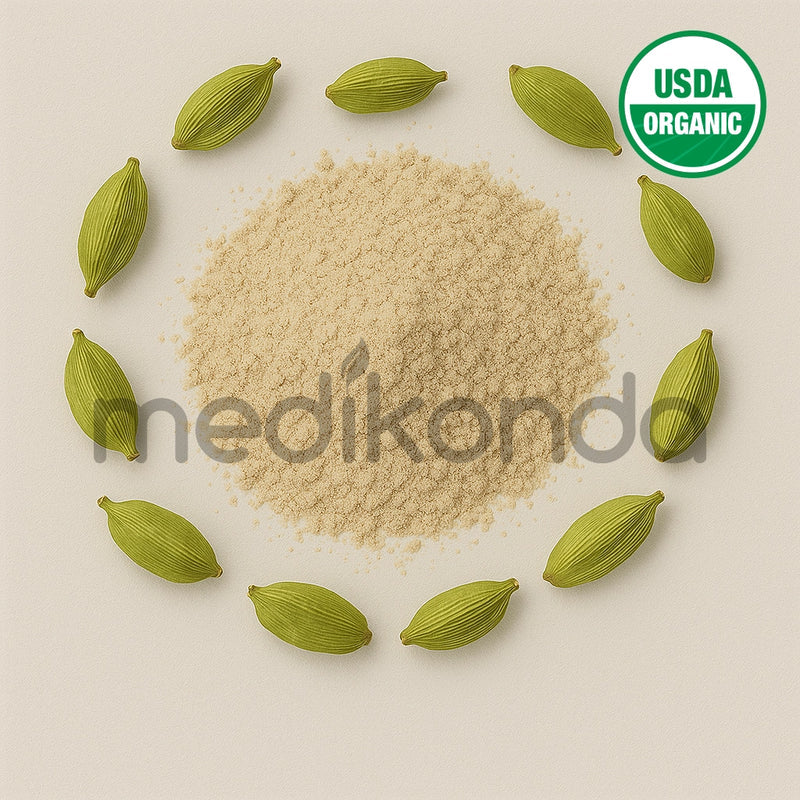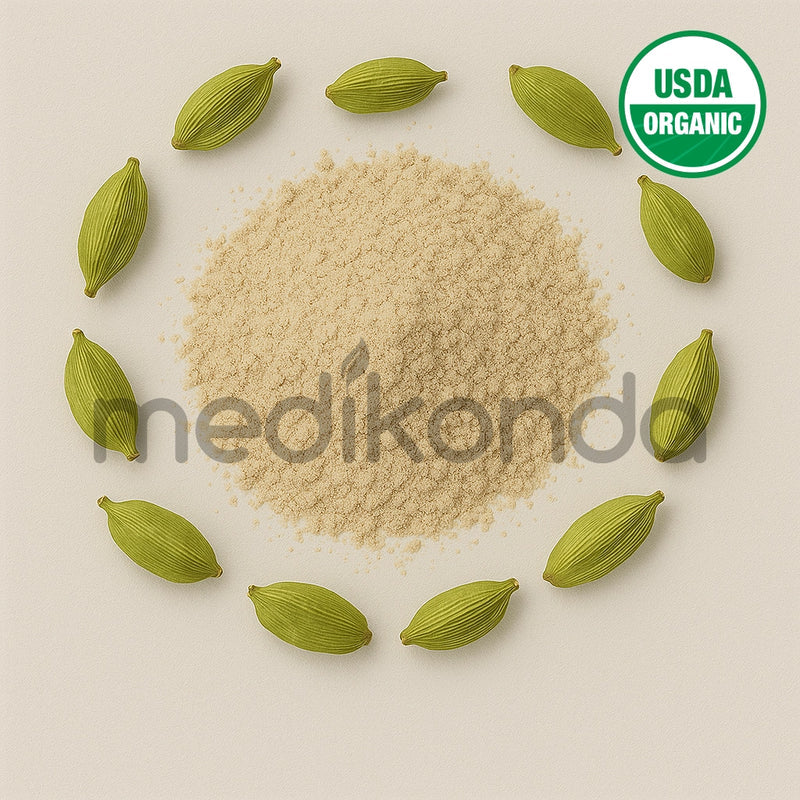Add description, images, menus and links to your mega menu
A column with no settings can be used as a spacer
Link to your collections, sales and even external links
Add up to five columns
Add description, images, menus and links to your mega menu
A column with no settings can be used as a spacer
Link to your collections, sales and even external links
Add up to five columns
LOOKING FOR BULK INGREDIENTS PRICING?
GET INSTANT QUOTEwhat ingredient are you looking for?

Benefits of Sialic Acid - Wholesale B2B Bulk Suppliers in Australia and New Zealand
Sialic Acid: The Unsung Hero of Cellular Communication and Brain Health
What is Sialic Acid?
Sialic acid is a family of acidic sugars naturally found at the outermost ends of glycoproteins and glycolipids on cell surfaces. These molecules play a crucial role in cell recognition, signaling, immunity, and brain development. The most common form in humans is N-acetylneuraminic acid (Neu5Ac).
Sialic acids are essential components of human breast milk, contributing to the development of the infant brain and immune system. They're also abundant in animal-derived foods, especially organ meats and eggs, though they are increasingly being explored as supplements for neurological and anti-aging benefits.
Biological Importance of Sialic Acid
1. Neural Development and Cognitive Function
Sialic acid is highly concentrated in the central nervous system, particularly in gangliosides (lipids in brain cell membranes). It supports:
-
Brain plasticity and learning
-
Neurotransmission and memory
-
Development of synapses in infants and children
This is why it's often added to infant formulas to mimic the benefits of breast milk.
2. Cellular Communication
Sialic acids act as a biological signal, enabling cells to:
-
Recognize each other
-
Exchange information
-
Defend against pathogens
They play a key role in immune regulation, helping the body distinguish between self and non-self cells.
3. Immune System Support
Sialic acids protect mucosal surfaces by:
-
Acting as a decoy for pathogens (bacteria and viruses bind to them instead of cells)
-
Modulating the inflammatory response
-
Enhancing immune tolerance
4. Anti-Aging and Skin Health
Because of their role in cellular hydration and regeneration, sialic acids are now being included in cosmeceuticals for:
-
Improving skin elasticity
-
Supporting anti-wrinkle and hydration formulas
-
Promoting cell turnover in aging skin
Sources of Sialic Acid
Natural Food Sources:
-
Breast milk (richest source for infants)
-
Egg yolks
-
Animal organs (especially brain tissue)
-
Dairy products
Supplement Form:
-
Often available as N-acetylneuraminic acid
-
Used in infant formula, nootropic supplements, and skin care products
Potential Health Benefits
-
Supports brain development in infants and children
-
May enhance memory and cognitive performance in adults
-
Contributes to gut and immune health
-
Protects against viral infections by blocking pathogen entry
-
May support anti-aging and skin rejuvenation
Clinical Applications & Research
-
Sialic acid is being studied for its role in neurodegenerative diseases like Alzheimer’s
-
It's also under investigation for autoimmune disorders due to its immune-modulating effects
-
Promising results show its potential use in drug delivery systems and biological therapies
Precautions and Considerations
Sialic acid is generally regarded as safe, especially when sourced from food or used in approved infant formulas. However, those with:
-
Severe egg or dairy allergies
-
Autoimmune concerns
should consult a healthcare provider before using sialic acid supplements.
Final Thoughts
Sialic acid may not be a household name, but its significance in brain development, immune function, and cellular health is profound. From nourishing infant brains to potentially supporting cognitive health in aging adults, it’s a powerful compound with diverse applications. As research continues to unfold, sialic acid is poised to become a key player in neuro-nutrition, immunity, and longevity.
For bulk orders and inquiries, visit Medikonda Nutrients - Sialic Acid
Medikonda Nutrients is the Largest Manufacturer, B2B Bulk Wholesale Supplier of Sialic Acid in Australia and New Zealand.
Also in Medikonda: Health & Wellness
SUBSCRIBE NOW ...
Don't miss to get latest updates on sales, new releases and promotions




